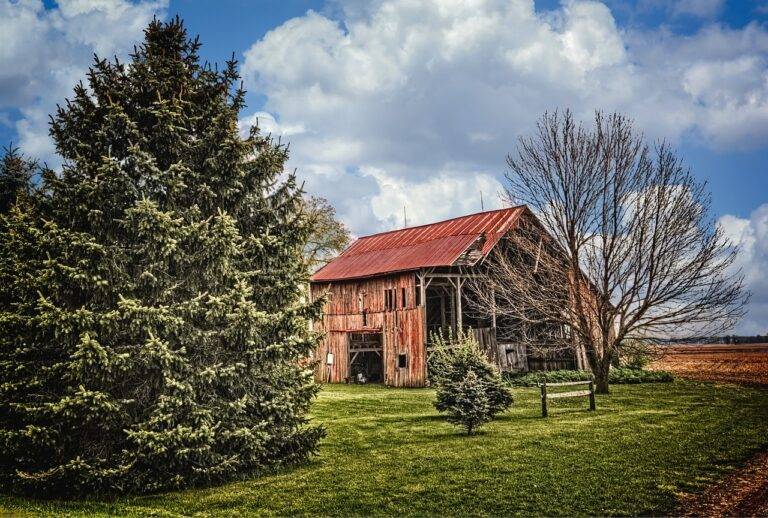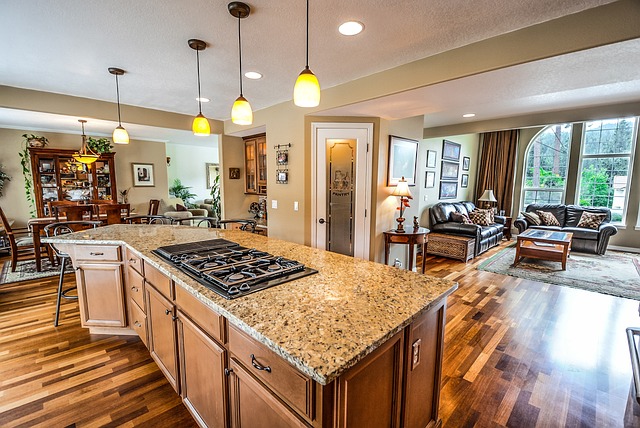Sustainable Home Renovation Cultural Sensitivity
11xplay online, indian 24bet, skyinplay login:Sustainable Home Renovation Cultural Sensitivity
Are you looking to renovate your home in a sustainable and culturally sensitive way? In today’s world, it’s essential to consider the impact of our actions on the environment and on the communities around us. By incorporating sustainable practices into your home renovation project and being culturally sensitive, you can create a space that not only benefits you and your family but also the planet and the people who inhabit it.
In this blog post, we will discuss the importance of sustainable home renovation and cultural sensitivity, as well as provide tips and ideas for how you can incorporate these principles into your own home renovation project. So let’s dive in!
Why Sustainable Home Renovation and Cultural Sensitivity Matter
Sustainable home renovation involves using environmentally friendly materials and practices to reduce the impact of your renovation project on the planet. This can include using recycled materials, energy-efficient appliances, and renewable energy sources, as well as minimizing waste and pollution.
Cultural sensitivity in home renovation involves respecting the traditions, beliefs, and customs of the communities in which you live and work. This can include using materials and design elements that reflect the local culture, as well as consulting with community members and experts to ensure that your renovation project takes into account their needs and preferences.
By incorporating sustainable practices and cultural sensitivity into your home renovation project, you can help protect the environment, support local economies, and create a space that is welcoming and inclusive for all who enter it.
Tips for Sustainable Home Renovation and Cultural Sensitivity
1. Research Local Sustainability Practices: Before starting your home renovation project, take the time to research local sustainability practices and materials. This can help you make informed decisions about which materials to use and which practices to implement in your renovation project.
2. Consult with Community Members: If you are renovating a home in a community with a distinct culture or heritage, consider consulting with community members to get their input on your renovation plans. This can help ensure that your project respects and reflects the local culture.
3. Use Recycled Materials: Incorporating recycled materials into your home renovation project can help reduce waste and energy consumption. Look for reclaimed wood, recycled glass, and other sustainable materials to use in your renovation.
4. Install Energy-Efficient Appliances: Energy-efficient appliances can help reduce your home’s energy consumption, saving you money on utilities and reducing your carbon footprint. Look for appliances with high Energy Star ratings and other eco-friendly certifications.
5. Consider Solar Panels: Solar panels can help reduce your home’s reliance on fossil fuels and lower your energy bills. If your budget allows, consider installing solar panels on your roof to generate clean, renewable energy for your home.
6. Support Local Artisans: When selecting materials and decor for your home renovation project, consider supporting local artisans and craftsmen. This can help support the local economy and promote traditional craftsmanship in your community.
7. Educate Yourself: Take the time to educate yourself about sustainable home renovation practices and cultural sensitivity. There are many resources available online and in books that can help you make informed decisions about your renovation project.
FAQs
Q: How can I find sustainable materials for my home renovation project?
A: There are many sustainable materials available for home renovation, including reclaimed wood, recycled glass, bamboo, and cork. You can search online or visit local eco-friendly stores to find these materials.
Q: Is it more expensive to renovate sustainably?
A: While some sustainable materials and practices can be more expensive upfront, they often save you money in the long run by reducing energy costs and maintenance expenses. Additionally, there are many affordable sustainable options available.
Q: How can I ensure that my renovation project is culturally sensitive?
A: To ensure that your renovation project is culturally sensitive, consider consulting with community members, researching local traditions and customs, and selecting materials and design elements that reflect the local culture.
In conclusion, sustainable home renovation and cultural sensitivity go hand in hand when creating a space that is not only beautiful and functional but also environmentally responsible and inclusive. By incorporating sustainable practices and being mindful of cultural traditions, you can create a home that benefits both the planet and the people who call it home. So go ahead, start your sustainable home renovation project today and make a positive impact on the world around you!







